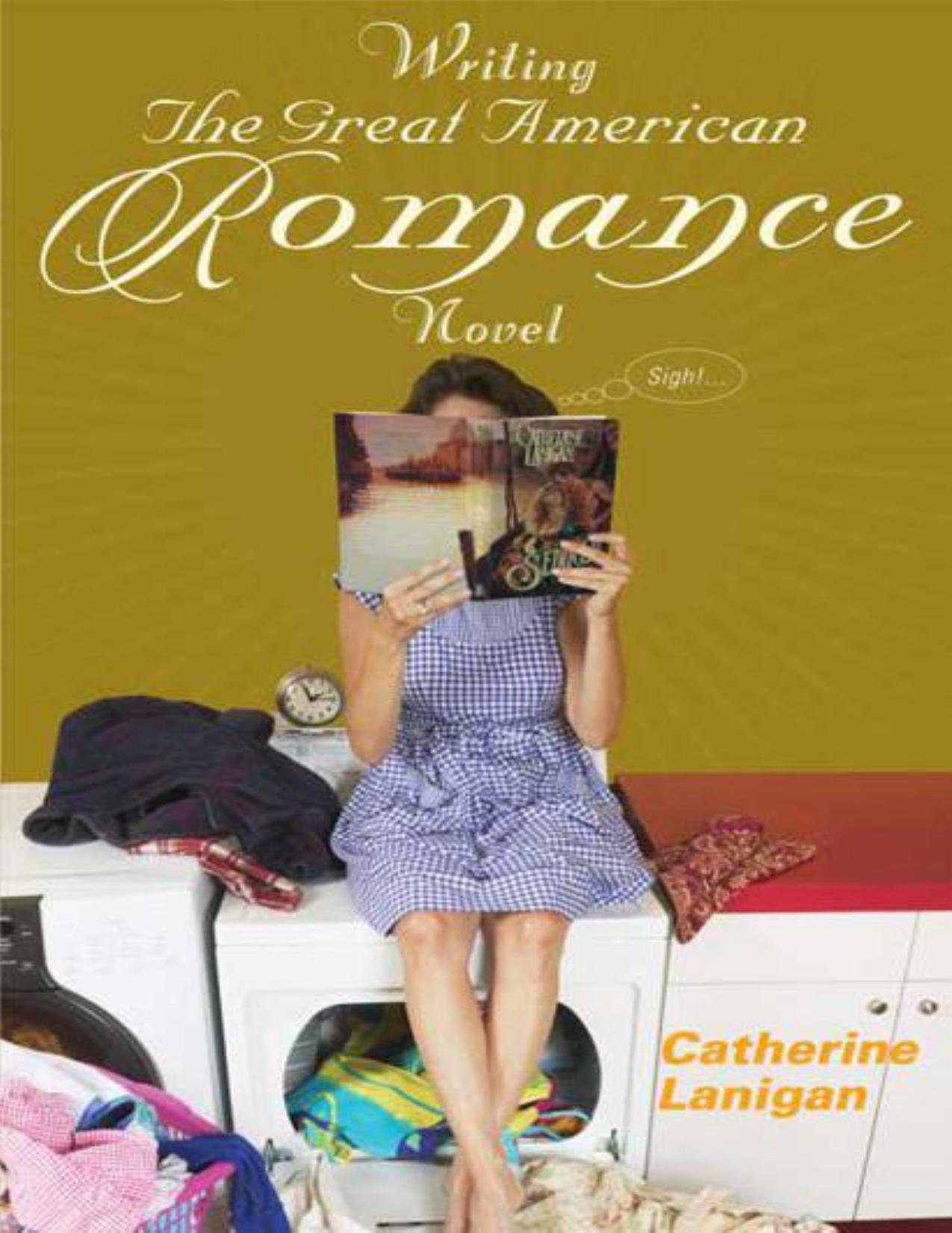Writing the Great American Romance Novel by Lanigan Catherine

Author:Lanigan, Catherine [Lanigan, Catherine]
Language: eng
Format: epub, mobi, pdf
Publisher: Skyhorse Publishing
Published: 2010-09-21T04:00:00+00:00
Query Letters, Synopses, and Submission Packages
Y
ou have spent the better part of one year writing your book. You have had your family, friends, and even strangers in your writing group critique your work and help you with your novel. You have lost sleep over this project, but finally, there comes a time when you must let it go.
You must (gulp!) send your work to the agent or, in some cases, the publisher.
When you are finally ready to submit your work, this is the time to be your professional best. You want to make a great first impression.
Because the romance genre is so broad and encompasses so many sub-genres, you must be very specific to your chosen sub-genre.
Romance publishers and agents are inundated with query letters and submissions every week. The more you do your homework for your submission, the more likely you are to sell your work.
This book has reiterated the importance of choosing a sub-genre. In your query letter you must state your chosen sub-genre and the name of the publisher’s line to which you wish to submit. In no other genre of fiction is this point more vital than in romance.
Therefore, if you are submitting to Harlequin’s Intrigue or to Silhouette’s Desire lines, you must state this in your letter.
Having kept those publisher guidelines in front of you while you wrote every day will now prove to be extremely valuable.
The subject of the query letter and its vital importance in the process of submission has long sent chills of revulsion and fear through many an author. In workshops and lectures at writing conventions you will hear editors and agents expounding upon the necessity of perfecting the query letter. Beginning authors shake in their boots over the prospect that after all their long hours of work writing their book, now this one single-page letter could annihilate their dream of getting published. This fear is so real that there are query letter classes and workshops all across our country.
In most instances you will be submitting your query letter to an agent, not to the publisher. The truth is that there are less than a handful of publishers who still accept un-agented submissions.
There is no hard-and-fast rule about the timing of your submission, but as a beginning writer it would be best for you to have completed the entire book. If the agent were to be intrigued by your query letter and answered you back, wanting to see the book immediately, you would be the one slowing the process down if you had not started the book or only had fifty pages written. For a beginning writer there is a great deal about writing that you are going to learn between the pages of fifty-one and four hundred and fifty-one.
There are instances of new authors “feeling out” the marketplace before sitting down to the computer, by querying agents and then going forward once they have received a response. You may hear these stories at conventions and the results were successful. If you choose to go this route, then by all means do so.
Download
Writing the Great American Romance Novel by Lanigan Catherine.mobi
Writing the Great American Romance Novel by Lanigan Catherine.pdf
This site does not store any files on its server. We only index and link to content provided by other sites. Please contact the content providers to delete copyright contents if any and email us, we'll remove relevant links or contents immediately.
Periodization Training for Sports by Tudor Bompa(8271)
The Body: A Guide for Occupants by Bill Bryson(5096)
The MacArthur Bible Commentary by John MacArthur(4825)
The Sports Rules Book by Human Kinetics(4386)
What It Really Takes to Get Into Ivy League and Other Highly Selective Colleges by Hughes Chuck(3760)
Marijuana Grower's Handbook by Ed Rosenthal(3681)
The Sprouting Book by Ann Wigmore(3590)
The Martian by Andy Weir(3427)
Salt, Fat, Acid, Heat: Mastering the Elements of Good Cooking by Nosrat Samin(3147)
Harry Potter 4 - Harry Potter and The Goblet of Fire by J.K.Rowling(3073)
Sapiens and Homo Deus by Yuval Noah Harari(3071)
The Bread Bible by Rose Levy Beranbaum(3068)
The Marketing Plan Handbook: Develop Big-Picture Marketing Plans for Pennies on the Dollar by Robert W. Bly(3062)
Classic by Mary Berry(3011)
Martha Stewart's Baking Handbook by Martha Stewart(2860)
Screenplay: The Foundations of Screenwriting by Syd Field(2640)
The Plant Paradox by Dr. Steven R. Gundry M.D(2620)
50 Economics Classics by Tom Butler-Bowdon(2570)
The Cambridge Grammar Of The English Language by Rodney Huddleston Geoffrey K. Pullum(2430)
